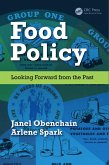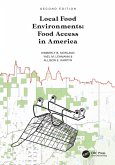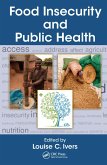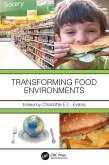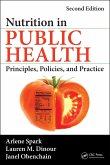Access to safe, adequate, and nutritionally balanced food is a cornerstone of public health. This book examines the influences of grassroots movements, the government, and industry on the US food systems. It examines the emergence of trends, food policies, and legislation balancing issues of food, nutrition and diet-related conditions, such as obesity. The authors address such topics as food markets, sustainable agriculture, dietary guidelines and dietary allowances, food labeling, food safety, and school wellness. Containing profiles of notable contributors to the field, the text also explores themes of government action versus individual liberty.
Dieser Download kann aus rechtlichen Gründen nur mit Rechnungsadresse in A, B, BG, CY, CZ, D, DK, EW, E, FIN, F, GR, HR, H, IRL, I, LT, L, LR, M, NL, PL, P, R, S, SLO, SK ausgeliefert werden.



